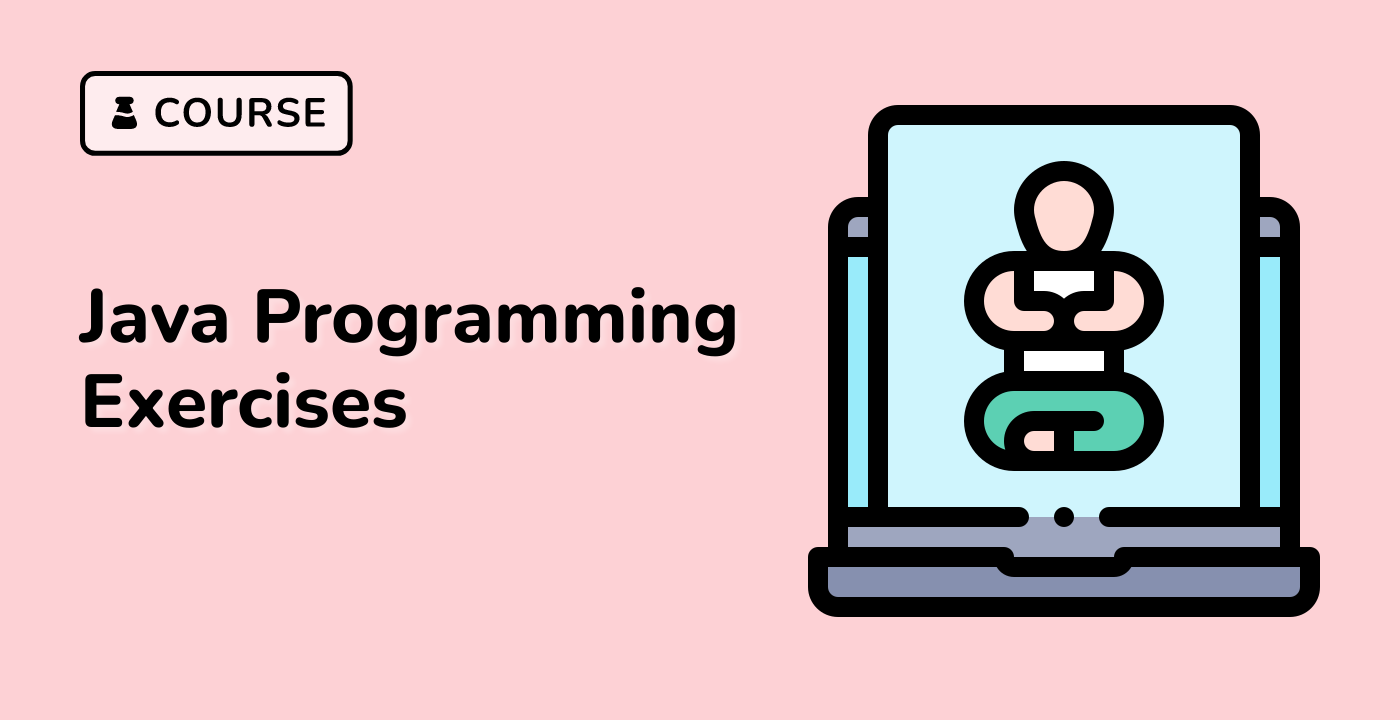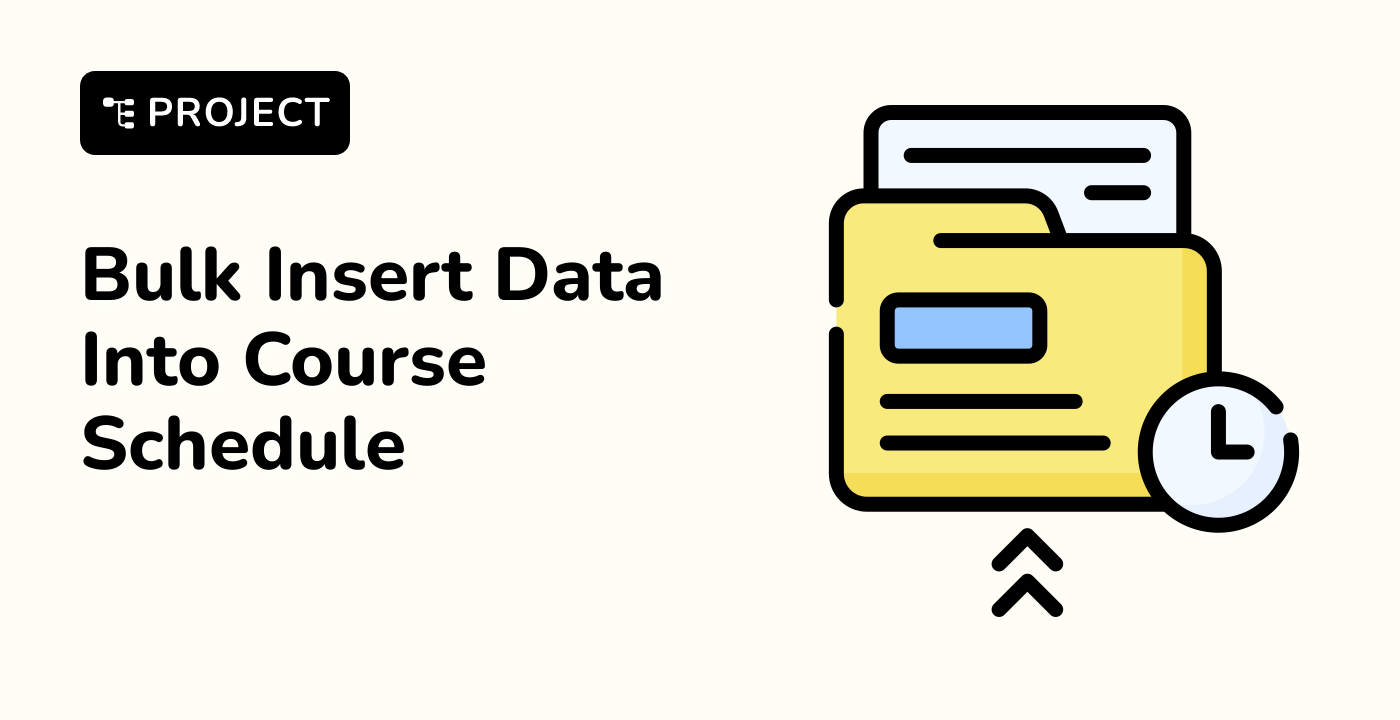Practical Coding Examples
Real-World Scenarios for Start of Day
1. Database Query Optimization
public class DatabaseQueryExample {
public static void main(String[] args) {
LocalDate today = LocalDate.now();
LocalDateTime startOfDay = today.atStartOfDay();
LocalDateTime endOfDay = today.atTime(LocalTime.MAX);
// Hypothetical database query
List<Transaction> dailyTransactions =
transactionRepository.findByTimestampBetween(startOfDay, endOfDay);
}
}
2. Event Scheduling and Filtering
public class EventSchedulerExample {
public static void main(String[] args) {
List<Event> events = getEvents();
LocalDateTime startOfToday = LocalDate.now().atStartOfDay();
List<Event> todayEvents = events.stream()
.filter(event -> event.getDateTime().toLocalDate().equals(LocalDate.now()))
.collect(Collectors.toList());
}
}
Workflow Visualization
graph TD
A[Start of Day Processing] --> B[Date Retrieval]
A --> C[Time Normalization]
A --> D[Data Filtering]
A --> E[Time-Based Calculations]
3. Log Analysis and Reporting
public class LogAnalysisExample {
public static void main(String[] args) {
LocalDate analysisDate = LocalDate.now().minusDays(1);
LocalDateTime startOfPreviousDay = analysisDate.atStartOfDay();
LocalDateTime endOfPreviousDay = analysisDate.atTime(LocalTime.MAX);
List<LogEntry> logs = logRepository.findByTimestampBetween(
startOfPreviousDay, endOfPreviousDay
);
long errorCount = logs.stream()
.filter(log -> log.getLevel() == LogLevel.ERROR)
.count();
}
}
| Method |
Use Case |
Performance |
Complexity |
| atStartOfDay() |
Simple retrieval |
High |
Low |
| Manual Time Setting |
Complex manipulation |
Medium |
Medium |
| Truncation |
Precise time reset |
Good |
Low |
4. Time-Based Calculations
public class TimeCalculationExample {
public static void main(String[] args) {
LocalDateTime now = LocalDateTime.now();
LocalDateTime startOfDay = now.with(LocalTime.MIN);
Duration timeElapsedToday = Duration.between(startOfDay, now);
System.out.println("Time elapsed today: " + timeElapsedToday);
}
}
Advanced Techniques
5. Multi-Time Zone Handling
public class MultiTimeZoneExample {
public static void main(String[] args) {
ZoneId newYork = ZoneId.of("America/New_York");
ZoneId london = ZoneId.of("Europe/London");
LocalDate today = LocalDate.now();
ZonedDateTime startOfDayNewYork = today.atStartOfDay(newYork);
ZonedDateTime startOfDayLondon = today.atStartOfDay(london);
System.out.println("New York: " + startOfDayNewYork);
System.out.println("London: " + startOfDayLondon);
}
}
Best Practices
- Use appropriate Java 8+ date-time API
- Consider time zone requirements
- Prefer immutable operations
- Use stream operations for complex filtering
LabEx Insight: Mastering start of day techniques enhances your Java date manipulation skills!
Common Use Cases
- Generating daily reports
- Filtering time-based data
- Calculating daily metrics
- Scheduling and event management




